Written by Elizabeth Nielsen, MSocSc Political Communication and Management, and Cecilie Bjørk Thomsen, MSocSc Political Communication and Management and Bachelor HA fil
We are two graduates of the MSocSc Political Communication and Management (Cand.Soc Politisk Kommunikation og Ledelse) program, who in september 2021 defended our thesis which was about CBS’ Nordic Nine strategy. Our program now stands to close in spite of protests from academic staff, students and alumni. We deem the perspectives that we have come to know and understand from our thesis as being more relevant than ever before.
CBS sent out their new strategy in the summer of 2020. Within this strategy, CBS presents their vision for students: Nordic Nine. The Nordic Nine stands for what CBS students should be able to deliver to the job market of the future. The graduates CBS wishes to produce are described , with words such as ambiguity, curiosity, compassionate, critical and constructive, just to mention some of the many capabilities that highlight the future graduates essential transformative competencies. Precisely in this light it is strange that CBS has chosen to close the masters program in Political Communication and Management. It is a program which more than lives up to the Nordic Nine vision and CBS’ transformative strategy. Within the program, students are constantly challenged to analyze opposing strategic concerns, decode managerial paradoxes and to act in accordance with these. The students are in other words trained in finding managerial possibilities for modern organizations in a transformative and complex society. That is why graduates of the program work as political consultants, advisors and managers across large-scale Danish companies, lobby organizations, political parties and ministries.
Is there room for student democracy as it stands today?
In the lead up to the thesis writing process, we held informal conversations and formal interviews with a list of program directors and line coordinators at CBS. Here, it became evident that Nordic Nine more often than not was seen as a fussy rhetorical exercise, where the programs had to reshape themselves in written form – based on a new set of bullshit management phrases. But is that the intention from CBS’ senior management? It does not seem like it when taking the recent hearings into account that we have borne witness to over the past couple of weeks. In stark contrast, senior management presents the closure of programs as a narrow excel sheet and management’s sole point of view, which is a markedly different strategy compared to what the program directors and line coordinators spoke of. For example, at the students’ hearing on tuesday 23rd of november, we heard about the idea of making transformative minors into a mandatory requirement on bachelor programs, as well as radical changes to existing programs, all so they can live up to CBS’ Nordic Nine vision.
CBS’ senior management states that they have listened to the protesting students. And in that way to have saved the bachelors in business administration and philosophy as well as the MSc in Organizational Innovation and Entrepreneurship. It almost appears as though senior management can now acknowledge that the students can contribute with valuable input and has the right to point out when senior management makes a calculated mistake. But is that really the case? Because in order to ensure that these programs are allowed to “survive” they have to be changed and kept under a watchful eye.
With the University Act of 1970, and with the student uprising of 1968 taken into account, the students’ influence on the universities was established and guaranteed at the same level as that of academic staff. Back then the students democratic rights were considerably more far reaching. The studyboards today are the last vestige of that student democracy which was fought for in 1968, where students have the same amount of representation and votes as academic staff. The study boards independently make decisions about the programs, from changes to the development therefore, which are then put into effect at the program level. The study boards own the programs academic development, so to speak. But with the far reaching changes that the senior management wants in connection with the Nordic Nine strategy, one must ask the question as to whether this is even feasible? Further, In a hearing process, which has been hastily cobbled together and where students have only been given 45 minutes (including a management talk) to speak on behalf of six vastly different programs, we are left to wonder whether there is even room for student democracy as it stands today?
Put a bow on it
Our thesis investigated students’ subjectivity in relation to the purpose of the universities through a discourse analysis of Denmark’s long university history, all the way up to the Nordic Nine vision. As society has increasingly grown more complex, so have the demands placed on students. This puts a greater emphasis on the students internal capacity, which can be seen in the elevated stress levels and hyperactivity, which students experience today. With the new statements from the hearing about the implementation of Nordic Nine, it appears that senior management wants to add even more complexity to the students’ learning environment and reality, on top of all the demands the students are faced with already. Why add another level of complexity? And to be frank, in that context, how does it make sense to close the PKL program? A program which gives precisely the competencies which bolster students and help enable them to navigate through complex environments to the benefit of society.
Lost perspectives
Moreover, we would have loved to include our interview held in spring 2021 with the CBS’ Dean of Education, Gregor Halff. We have requested our non-confidential interview for public use, which we conducted in connection with our thesis on the Nordic Nine vision. We wrote on November 18 and only after a 12 days wait were we put into contact with a member of the senior management’s communication department. Given the short timeframe before CBS’ board has to decide on whether or not to approve senior management’s planned closure of programs, we do not have the time to enter into a long winded discussion on the issue of publishing rights. Therefore we have been unable to include Gregor Halffs answers to questions such as “Do the courses need to be changed? Do you take away half of the courses or do you implement new courses across the business school or how will that be in practice?” as well as the follow up question “And what if they [study leaders] don’t want to do it because they think it will harm the programs?”. Unfortunately, these answers were not included in our analysis either. However, should it be of interest to learn more about the Nordic Nine, then feel free to read our published thesis. It is a fantastic example of PKL students reflecting upon Nordic Nine at CBS.



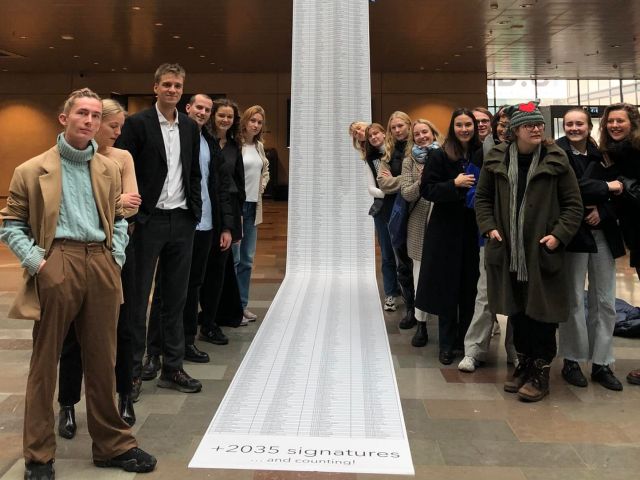
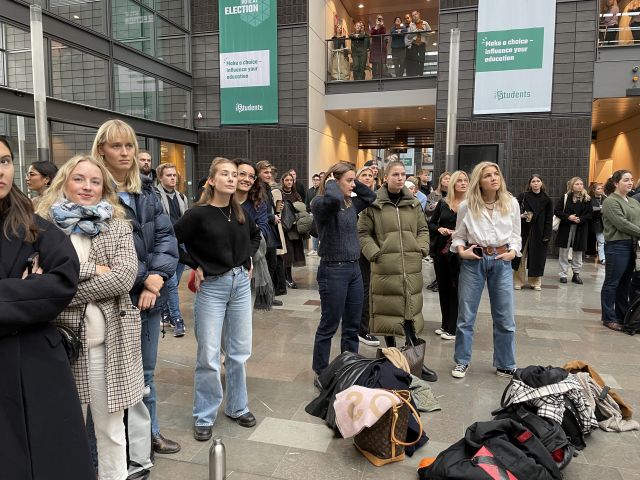
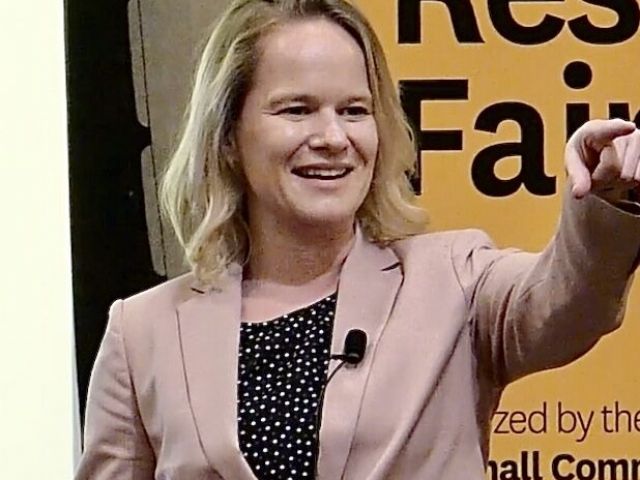
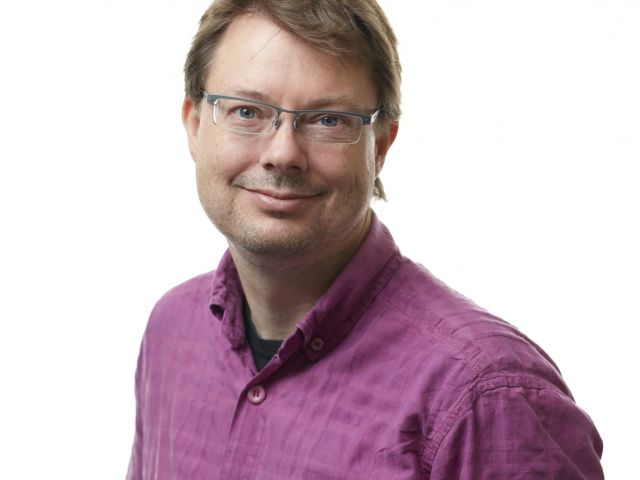
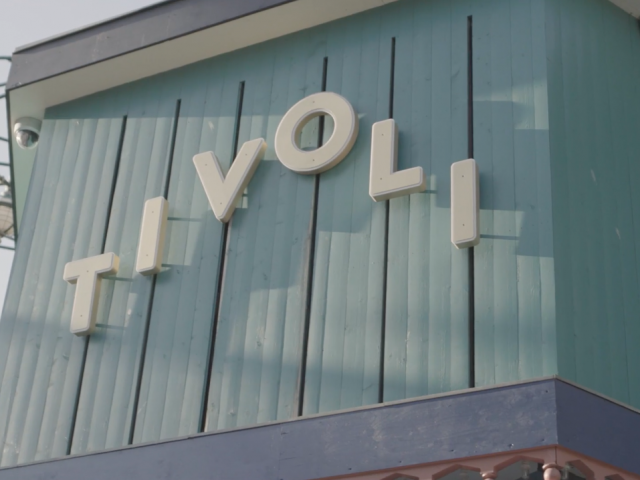
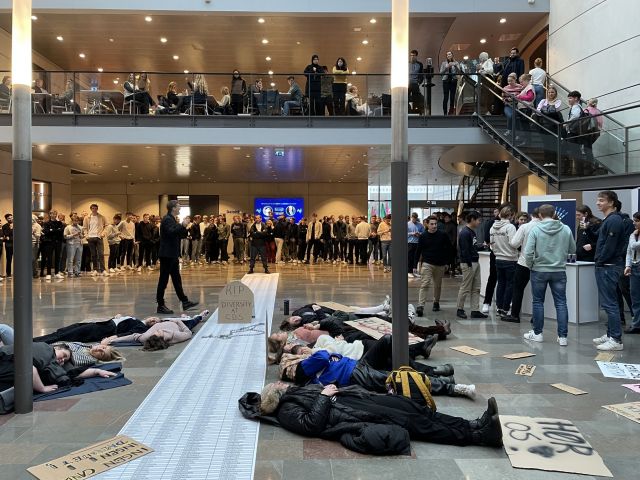




























































































































Comments